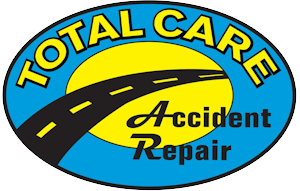We run an auto collision repair center near Bridgewater. One of the questions we hear all of the time is what makes a collision repair center any different from a regular mechanic’s shop?
Generally, collision repair centers offer a wider range of services than you typically encounter at a regular mechanic’s shop. Some shops specialize, offering only a limited suite of services (brakes, exhausts, oil change, etc) while other shops only work on certain types of vehicles. On the other hand, the best collision repair centers are equipped to handle all of the mechanical, glass, and cosmetic issues that can happen during an automobile accident. This includes bodywork and painting. This offers you the convenience of having everything fixed at once, in one place.
I’ve Been in an Accident. Do I Have to Have the Car Towed to My Regular Mechanic?
You may have a mechanic you’ve been using for years to keep your car in good shape. This is great – having a working relationship with a professional you’re comfortable with is great. However, the mechanic who does your regular maintenance and repair work may not be the best choice when you’ve been in an accident.
The best mechanics will tell you when a job is outside of what they normally do. For example, bodywork, glass and paint repairs are often referred out of the shop. Depending on the scope and severity of the damage your car experienced during the accident, your regular mechanic may not be prepared to do all of the necessary repairs. Collision repair centers exist for this very reason: to give drivers a specialized, convenient location to have everything fixed.
The best collision repair centers have their technicians trained and certified to work on a wide variety of makes and models. Your insurance company may maintain a list of preferred providers, but you don’t have to choose exclusively from that list. Pick the collision repair center with proven experience fixing your type of vehicle.
